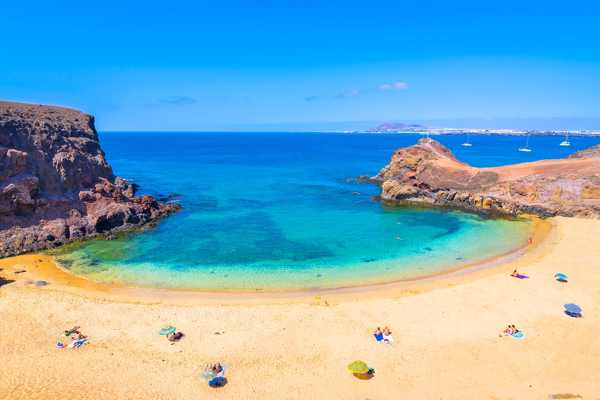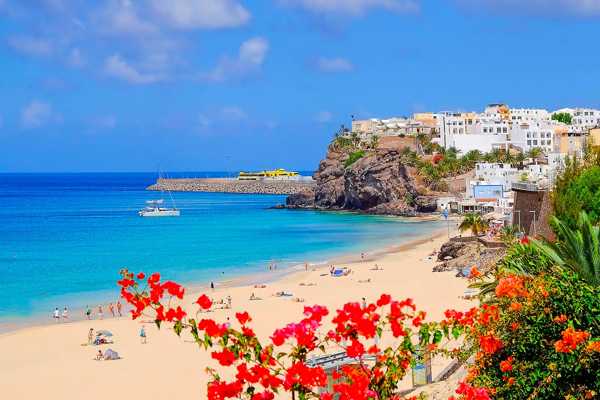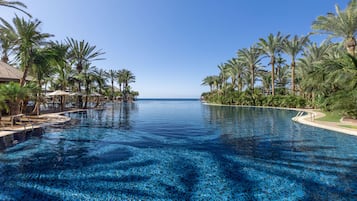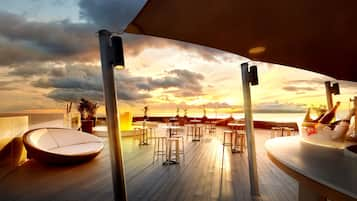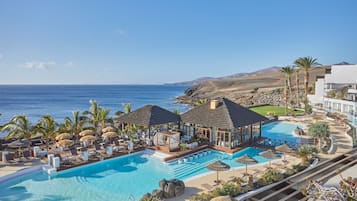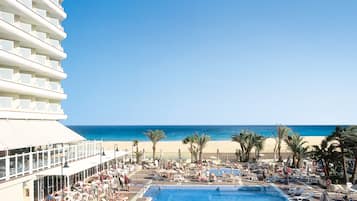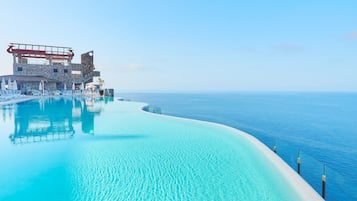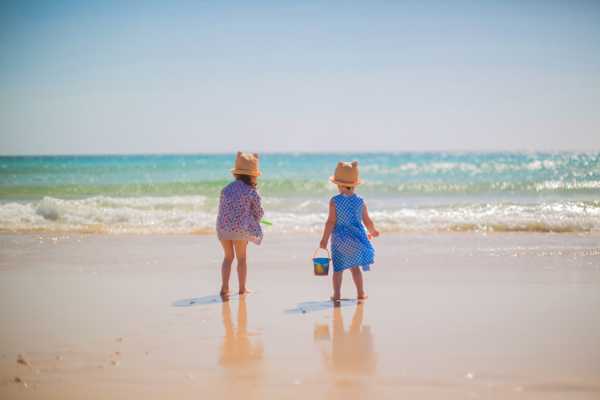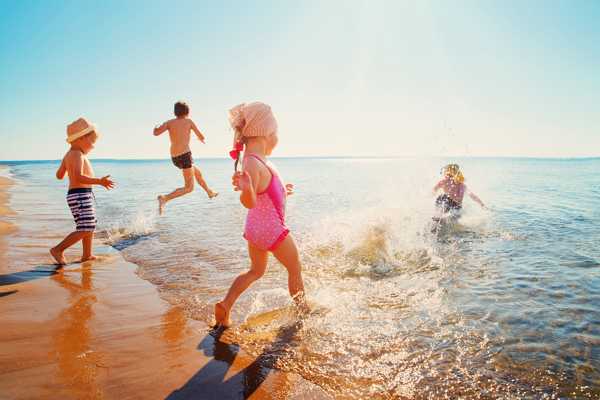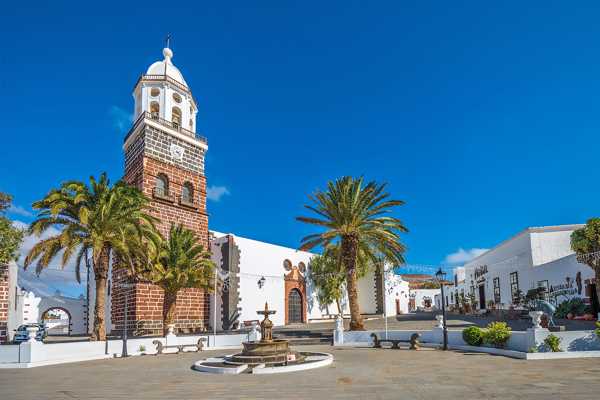La Gomera is the Canary Island of choice for those who love the great outdoors. Each of the archipelago's 8 main islands offers something different, but stunning natural scenery is La Gomera's trump card. The 370-sq-km volcanic island is crisscrossed with fantastic hiking and cycling routes while the 100-km coastline is dotted with charming black-sand beaches.
It’s not just nature that makes La Gomera stand out, either. Its human history includes a fascinating local culture with a unique whistled form of Castilian Spanish that helped people communicate over great distances. It was also a staging post for New-World explorers Christopher Columbus, Amerigo Vespucci and Hernán Cortés, with their brief stays memorialised by small museums.
- 1
Towns and villages in La Gomera
Where should you stay?

- 커플
- 사진
In stark contrast to the other Canary Islands, La Gomera is a very sleepy sort of place, with only 1 major town – San Sebastián de La Gomera. Even calling it “major” is a bit of a stretch as it’s home to fewer than 10,000 people. However, as the island’s capital, it is the main hub and port, with many noteworthy attractions in the area.
Surprisingly, the capital is not actually the most popular destination on La Gomera. That honour goes to Valle Gran Rey, which is a quiet coastal town at the end of its namesake “valley of the great king”. It’s noted for its black-sand beach and colourful gardens, as well as good dining and nightlife scenes. Playa Santiago is where you’ll find the island’s tiny airport, but it remains a quiet and sleepy fishing village that’s often overlooked by tourists. Picturesque Vallehermoso is also worth checking out for its natural scenery and historical buildings.
- 2
The beaches of La Gomera
Where to enjoy the sands of this Canary Island

- 알뜰 여행
- 커플
- 가족
- 사진
The Canary Islands is famous for its beaches, and La Gomera is certainly no exception. However, what is unusual is the colour of the sand. Being a volcanic island, and one of the smallest in the archipelago, the sand here is mostly black or dark brown. Many are surrounded by tall, rocky cliffs, making for striking backdrops to a dip in the Atlantic Ocean.
Some of the best beaches are found close to coastal towns and villages. Outside of these, Playa de Avalo is a good pick, with striking scenery, medium-grain sand, colourful pebbles and calm seas, all just a few km from San Sebastián de La Gomera. Playa de la Negra is over on the other side of the island and is a little tricky to reach, but worth it if you’re looking for peace and quiet. Playa de la Calera is easier to get to, being close to Valle Gran Rey. It's considered the best island on the island for families, thanks to its calm waters and pleasant setting with good facilities. Just around the headland, Playa del Inglés is one of the island’s smallest but most popular beaches.
- 3
Garajonay National Park
One of La Gomera’s star attractions

- 어드벤처
- 커플
- 사진
Garajonay National Park is an evocative 40-sq-km area of protected nature in the mountainous centre of La Gomera. It’s rather telling that the top attraction on the island is a national park – that shows you what the place is all about. It certainly is popular, too, attracting about 450,000 tourists every year with its ancient laurel forests, iconic rock formations, and marked trekking routes.
If you’re lucky, you could spot some wildlife within the park that’s unique to La Gomera, including 2 species of reptile, 2 types of pigeon and the Canary Islands canary. Rare birds are particularly common here, earning it recognition as an Important Bird Area. The park gets its name from a local legend that's similar to Romeo and Juliet – think star-crossed lovers, joined eternally in death. It’s a sad but romantic tale that’s worth looking up.
주소: 38830 La Palmita, Santa Cruz de Tenerife, Spain
전화: +34 922 80 09 93
지도 - 4
Mirador de Abrante
Enjoy an epic view, so long as you’ve got a head for heights

- 커플
- 가족
- 사진
The Abrante Viewpoint has the unusual distinction of offering great views in all directions, including down. The special observation deck hangs about 7 metres over the edge of a sheer cliff above the village of Abrante and it has a glass floor. The view itself includes rural scenery, the north-western shoreline and Tenerife about 30 km away.
The journey up to the viewpoint can be a tricky one. While the road up the mountain is paved, it twists and turns for a long way. The view is certainly worth the trip, though, and the scenery along the way is also enjoyable. There’s ample parking at the top, as well as a small cafe.
주소: Carretera del Mirador, Calle de la Palmita, S/N, 38890 Agulo, Santa Cruz de Tenerife, Spain
운영 시간: Tuesday–Sunday from 10 am to 4 pm (closed on Mondays)
전화: +34 922 14 60 00
지도 - 5
Other things to do in La Gomera
What else is there to do around the island?

- 어드벤처
- 역사
- 사진
Among the more iconic natural attractions on La Gomera is the Roque Agando, which is a striking rock formation that rises 180 metres out of the Garajonay National Park. The former volcano is right by one of the island’s main roads, making it as popular for its appearance as its accessibility. However, direct access is now comparatively restricted.
More volcanic remains can be found on the north coast in the form of the Los Órganos National Monument. It gets its name (“the organs”) from the distinctive shape the cooling lava created, which resembles a massive church organ that’s 200 metres across and 80 metres tall. It’s best viewed on boat trips from any of the main tourist hubs.
If you’d rather see the human history of the island, check out Torre del Conde in San Sebastián de La Gomera. The 15th-century fortress was built more as a show of dominance over the local population than as a defensive measure, though it actually ended up being used as a refuge by the ruling elites during the Gomeros Rebellion in 1488.
- 6
Best hiking trails in La Gomera
Where are the best places to explore the island?

- 어드벤처
- 역사
- 사진
La Gomera is best known as a giant outdoor adventure park, with excellent hiking routes and natural attractions throughout. The Garajonay National Park is the obvious place to start, and the coastal routes tend to offer both easy going and great views. The entire island is crisscrossed with fantastic options, though.
Among the best is the 9-km loop along the Roques ridge, passing through the cute little village of La Laja. It’s pretty steep in places, making it best tackled by experienced hikers, but the views are stunning. The route up La Fortaleza is a little easier and the views from the 1,243-metre-high mesa are fantastic. Easier still is the climb up to the highest point on the island – the 1,484-metre-high Alto de Garajonay. It’s a popular route that takes about 1 hour on foot, with some interesting ancient remains at the top.
- 7
Dining in La Gomera
Where to eat in La Gomera?

- 음식
La Gomera’s unique contribution to the world of food is its distinctive wine. Most are whites made from the Forastera Gomera vine, which is indigenous to the island and its volcanic soil. It has a noticeably acidic nature, giving the wine a fresh, balanced taste.
You can get a glass of La Gomera wine as well as a wide array of traditional Canarian dishes from outstanding restaurants such as Restaurante Casa Efigenia La Montaña, which is on the southern outskirts of the Garajonay National Park. Bar Terraza La Chalana in Playa Santiago is a long-established, family-run seafood and tapas place right on the beach – great for casual eats with friends. For grander occasions, Parador de La Gomera in San Sebastián takes some beating.
- 8
La Gomera shopping
Where to shop in La Gomera

- 쇼핑
The shopping in La Gomera is a little limited as the island is best known as an escape from the hubbub of the more popular Canary Islands. However, you’ll find a reasonable array of interesting stores in the centre of San Sebastián, as well as a food market by the bus station. The choice of shops includes artisanal souvenir stores and clothes shops, as well as grocery stores where you can stock up on provisions.
Shopping options are even more scarce outside of the capital. Valle Gran Ray has a small collection of clothes shops and a Sunday artisanal market, while Playa Santiago has even less. You’ll be able to find essentials easily enough on La Gomera but, If you really want some retail therapy, you’d be better off taking a trip to neighbouring Tenerife.
- 9
La Gomera nightlife
Where to enjoy an evening in La Gomera for families and groups?

- 나이트라이프
Valle Gran Rey is the closest thing you can get to a nightlife hub in La Gomera. To be fair, the harbour area has a very good selection of well-regarded bars that gets quite lively in the evenings. Highlights include Restaurante El Puerto and Bar Cacatua.
The capital also has a smattering of good bars, also just behind the harbour. As with Valle Gran Rey, with highlights including El Patio and Bar Cafe Ambigú. Overall, the island is known for its relaxed vibe, so don't go expecting the sort of hedonistic evenings the other Canary Islands are known for.
- 10
How to get to La Gomera
Essential travel information

There are 2 options for getting to La Gomera – by air or by sea. Flying is obviously faster. Binter Canarias runs 2 flights per day from Tenerife North Airport (TFN) to La Gomera Airport (GMZ) near Playa Santiago and 2 from Gran Canaria Airport (LPA). Both take less than 1 hour.
To reach La Gomera by sea, you will need to take the ferry from Puerto de Los Cristianos on Tenerife. It arrives in Puerto de San Sebastián de La Gomera about 50 minutes after departure, depending on sea conditions, and is pretty cheap. For getting around La Gomera, you have the choice of rented cars, taxis and a pretty good bus service run by Guagua Gomera. They operate 8 lines that can get you to the airport and most of the popular towns and villages.
사진 제공: jtoledo (CC BY-SA 2.0) 수정됨

